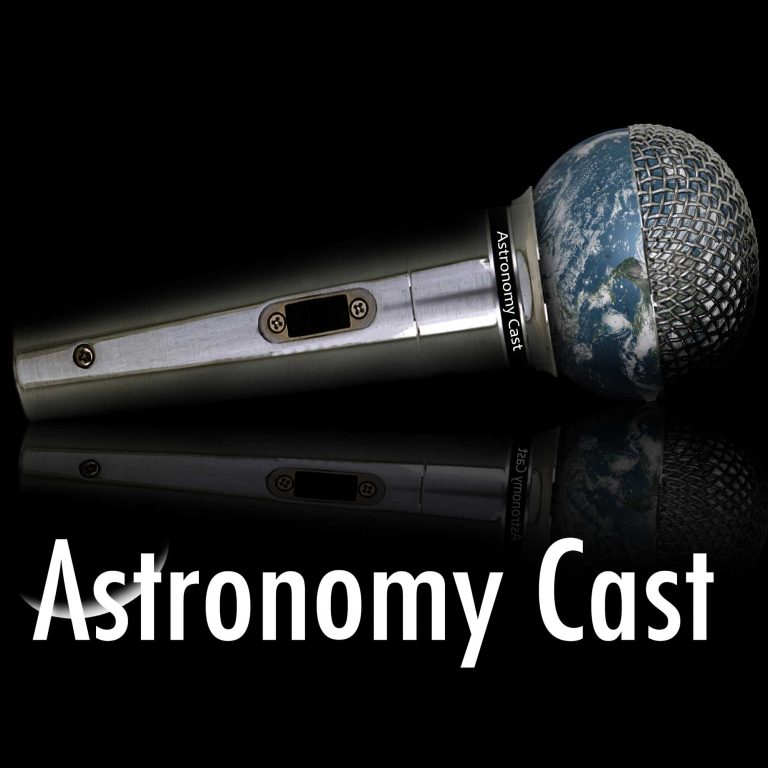Podcast: Play in new window | Download | Embed
Subscribe: RSS
Optical astronomy; now this is the kind of astronomy a human being was born to do. In fact, until the last century, this was the only kind of astronomy anybody ever did. Now we’ve got the whole electromagnetic spectrum to explore, but our heart still belongs to optical …










